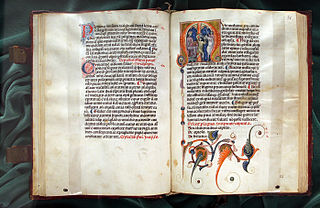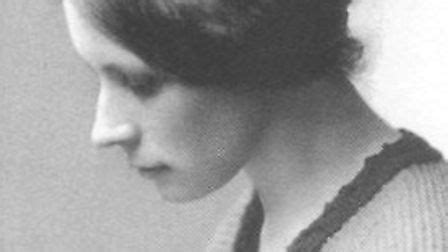A Quote by Edward Gibbon
Ignorant of the arts of luxury, the primitive Romans had improved the science of government and war.
Related Quotes
In less than a century after the barbarian nations settled in their new conquests, almost all the effects of the knowledge and civility, which the Romans had spread through Europe, disappeared. Not only the arts of elegance, which minister to luxury, and re supported by it, but many of the useful arts, without which life can scarcely be contemplated as comfortable, were neglected or lost.
We're living in a Dark Age of macroeconomics. Remember, what defined the Dark Ages wasn’t the fact that they were primitive — the Bronze Age was primitive, too. What made the Dark Ages dark was the fact that so much knowledge had been lost, that so much known to the Greeks and Romans had been forgotten by the barbarian kingdoms that followed.
If cathedrals had been universities If dungeons of the Inquisition had been laboratories If Christians had believed in character instead of creed If they had taken from the bible only that which is GOOD and thrown away the wicked and absurd If temple domes had been observatories If priests had been philosophers If missionaries had taught useful arts instead of bible lore If astrology had been astronomy If the black arts had been chemistry If superstition had been science If religion had been humanity The world then would be a heaven filled with love, and liberty and joy
Science with its retorts would have put me to sleep; it was the opportunity to be ignorant that I improved. It suggested to me that there was something to be seen if one had eyes. It made a believer of me more than before. I believed that the woods were not tenantless, but choke-full of honest spirits as good as myself any day,--not an empty chamber, in which chemistry was left to work alone, but an inhabited house,--and for a few moments I enjoyed fellowship with them.







































